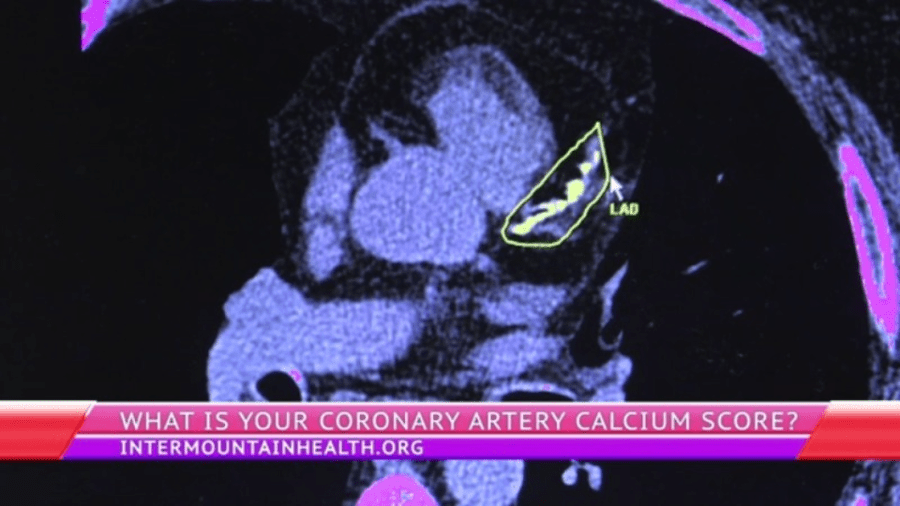Zero Coronary Artery Calcium Score Linked to Lower Heart Risks

A recent study has confirmed that a zero coronary artery calcium (CAC) score is a strong indicator of low risk for cardiac events, regardless of a patient’s age. Conducted by researchers at Intermountain Health in Salt Lake City, the study analyzed data from over 40,000 patients and presented findings at the American College of Cardiology annual scientific sessions in Chicago.
Traditionally, a CAC score of zero has been viewed as a marker for a very low risk of experiencing a coronary event within the subsequent five years. The latest findings reinforce this belief, demonstrating that even as individuals age, a zero CAC score remains predictive of not only low risk for heart issues but also significantly lower mortality rates from all causes.
Dr. Jeffrey L. Anderson, the principal investigator and a distinguished clinical and cardiovascular research physician at Intermountain Health, emphasized the implications of the study, stating, “We found that a zero-plaque burden is not only highly prognostic of good heart health at any age, but also of excellent overall survival.” This suggests that patients with no coronary artery plaque are likely to lead longer, healthier lives, including into their senior years.
Understanding Coronary Artery Calcium Scoring
A coronary artery calcium score quantifies the amount of calcium buildup in the coronary arteries. A score of zero indicates no advanced plaque, while scores range from 1-99 (mild), 100-299 (moderate), to 300 or more (high). The presence of coronary artery calcium generally correlates with the risk of cardiac events, making these scores important for assessing heart health.
In this extensive retrospective study, researchers evaluated 40,820 symptomatic patients over a decade who were identified as having primary coronary risk. Of these, 8,170 patients achieved a CAC score of zero, with 5,185 of them under the age of 65 and 2,782 aged 65 or older. Participants were followed for an average of more than two years to assess coronary prognosis.
The results revealed that among patients with a CAC score of zero, coronary events occurred in only 0.12% of younger patients and 0.25% of older patients, indicating no significant difference in risk between the two age groups. This finding underscores the reliability of a zero CAC score as a predictor of low risk for heart attacks and coronary-related deaths.
Broader Implications of the Research
The study also demonstrated that individuals with a zero CAC score had a two to three-fold lower risk of dying from any cause compared to those with detectable coronary artery calcium. Dr. Anderson noted, “It makes sense that if you have disease in your coronary arteries, you may also have vascular complications in other organs of your body.”
Given these findings, the research team intends to further investigate the relationship between a zero CAC score and all-cause mortality, including potential links to vascular diseases in other organs and even cancer.
The implications of this research are significant for preventive healthcare, as it strengthens the case for using coronary artery calcium scoring in routine assessments of heart health, particularly among older adults. As the understanding of coronary risks evolves, the zero CAC score emerges as a key tool for clinicians aiming to promote healthier, longer lives for their patients.






